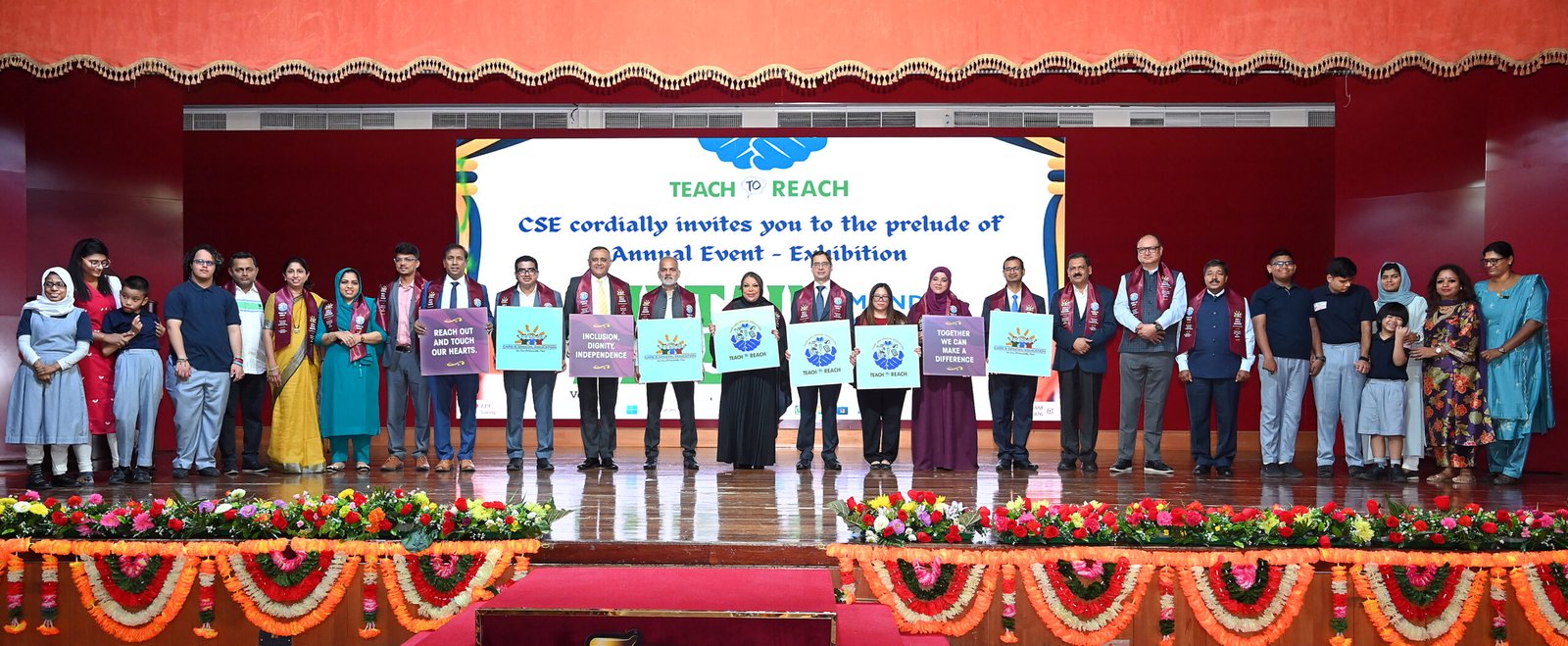Around 17 years later, Sreoshy and Roni are married with two kids — four-year-old Riyan and one-and-a-half-year-old Arjun — and stay in the up-and-coming business borough of The Bronx in New York City. Sreoshy, 35, is the executive director of the NYC Public Design Commission, while Roni, 39, is a restaurateur and the CEO of Unapologetic Foods, the man behind many of the top Indian restaurants in the city. For NYC Commissioner Shampa Chanda as well as several others based in the US, Sreoshy and Roni are NYC’s Bengali power couple, reported telegraphindia.com.
In 2005, Sreoshy Banerjea was a fresher who had just enrolled to study architecture at the Rensselaer Polytechnic Institute in New York. Roni Mazumdar was in his final year at the time, a student of information technology and the founder of the Rensselaer Bengali Community. “That’s how we first met, when I decided to join the Bengali Community on campus,” recollects Sreoshy. “She wanted to join it because of me,” chuckles Roni.
Around 17 years later, Sreoshy and Roni are married with two kids — four-year-old Riyan and one-and-a-half-year-old Arjun — and stay in the up-and-coming business borough of The Bronx in New York City. Sreoshy, 35, is the executive director of the NYC Public Design Commission, while Roni, 39, is a restaurateur and the CEO of Unapologetic Foods, the man behind many of the top Indian restaurants in the city. For NYC Commissioner Shampa Chanda as well as several others based in the US, Sreoshy and Roni are NYC’s Bengali power couple, reported telegraphindia.com.
“It feels good when people call us that, although we don’t really think of ourselves as a power couple. We’re just two people supporting each other as we try to impact lives in our own ways,” says Sreoshy, before adding, “As it is, Roni’s a celebrity, whereas people hardly know me outside my field.” Roni responds instantly: “But she has a lot more power than I do!”
Born in Durgapur, Sreoshy shifted between Delhi and Kolkata during her formative years before moving with her family to Fairfax, Virginia, in the US. Before taking over at the NYC Public Design Commission, Sreoshy, having completed her architectural education at the Massachusetts Institute of Technology (MIT), was in charge of various portfolios across six years at the New York City Economic Development Commission. Her expertise, analyses and insights have been instrumental in shaping the look and feel of numerous parts of New York, including Sunnyside Yard, Broadway Junction and the Manhattan Waterfront Greenway. At the height of Covid-19 in NYC, Sreoshy founded Design Corps, which in turn created a network of 100 volunteer architects that assisted over 70 restaurants with design-related needs in relation to the pandemic. Last year, Sreoshy received the American Institute of Architects New York (AIANY) chapter’s “Service to the City” award for her contributions towards making “NYC a better place to live”.
- In the long run, Sreoshy wants to use her platform to “drive social impact and innovation in NYC, with a greater focus on diversity and affordability. I also see myself returning to India at some point to help out with more equitable development back home”. For Roni, “there’s little to no precedent in what I’m doing, which is why I prefer missions to goals. My mission over the next few years is to affect how New Yorkers perceive Indian food, to ensure that Indian food doesn’t become monolithic”
- In the short run, Sreoshy and Roni want to discover more water parks in NYC, where they can lounge in each other’s presence on a pleasant autumn afternoon. Without headlines and flashbulbs, just like any other couple
A Kolkata boy who believes he is still in his formative years, Roni moved to the US with his family when he was 13, and reflects on the “simple joys of riding a bicycle, splashing colours during Holi and eating on kala pata back in Kolkata”. Tired of living the life of a “typical Indian immigrant” working for a Fortune 500 company in the US, the turning point for Roni came when he helped open Masalawala, an Indian restaurant in Brooklyn, for his dad, Satyen Mazumdar, in 2011. “After his retirement, the restaurant became my dad’s livelihood. In the process of helping him find his purpose, I found my own,” reveals Roni.
The engineering student who did not want to be “another perfect employee who creates nothing of their own”, Roni soon plunged wholeheartedly into his passion to reposition Indian cuisine in NYC. “Around one-eighth of the world eats Indian food regularly, and yet, our cuisine remains sidelined, cheap, even ‘exotic’. We’re still apologising for our food being too spicy or too oily and altering it to suit the palates of non-Indians. Can you imagine going to a Japanese restaurant and complaining that their sushi isn’t spicy enough?! You’ll get thrown out. So why make so many compromises with Indian food?” asks Roni, who currently has five different restaurants (with a sixth to open soon) operating in NYC — from kebabs to Indian street food to South Indian delicacies, name it and one (or more) of Roni’s restaurants will serve it.
Recently, Roni’s south Indian restaurant on NYC’s Greenwich Avenue, Semma, earned a Michelin star, making it the only Indian restaurant here with the food crown. Co-managed (alongside Roni) by Chintan Pandya and with a rustic menu curated by head chef Vijay Kumar, Semma (which means ‘fantastic’ in Tamil) celebrates Tamil Nadu’s heritage cuisine with “heart, soul and pride”, reliving food nostalgia from south India with “explosive flavours and regional ingredients”. Signature dishes at Semma, which opened last autumn, include Gunpowder Dosas (containing a special potato masala for $19), Attu Kari Sukka (lamb with black cardamom, tellicherry peppers and mace for $25) and Nathai Pirattal (stir-fried snail for $25).
Besides running his restaurants, Roni is also the founder and CEO of Aerobanquets RMX, in partnership with artist Mattia Casalegno, where he explores “virtual reality dining and immersive gastronomy”.
In the long run, Sreoshy wants to use her platform to “drive social impact and innovation in NYC, with a greater focus on diversity and affordability. I also see myself returning to India at some point to help out with more equitable development back home”. For Roni, “there’s little to no precedent in what I’m doing, which is why I prefer missions to goals. My mission over the next few years is to affect how New Yorkers perceive Indian food, to ensure that Indian food doesn’t become monolithic”.
In the short run, Sreoshy and Roni want to discover more water parks in NYC, where they can lounge in each other’s presence on a pleasant autumn afternoon. Without headlines and flashbulbs, just like any other couple.
(Courtesy: telegraphindia.com)
*********************************************************************
Readers
These are extraordinary times. All of us have to rely on high-impact, trustworthy journalism. And this is especially true of the Indian Diaspora. Members of the Indian community overseas cannot be fed with inaccurate news.
Pravasi Samwad is a venture that has no shareholders. It is the result of an impassioned initiative of a handful of Indian journalists spread around the world. We have taken the small step forward with the pledge to provide news with accuracy, free from political and commercial influence. Our aim is to keep you, our readers, informed about developments at ‘home’ and across the world that affect you.
Please help us to keep our journalism independent and free.
In these difficult times, to run a news website requires finances. While every contribution, big or small, will makes a difference, we request our readers to put us in touch with advertisers worldwide. It will be a great help.
For more information: pravasisamwad00@gmail.com











